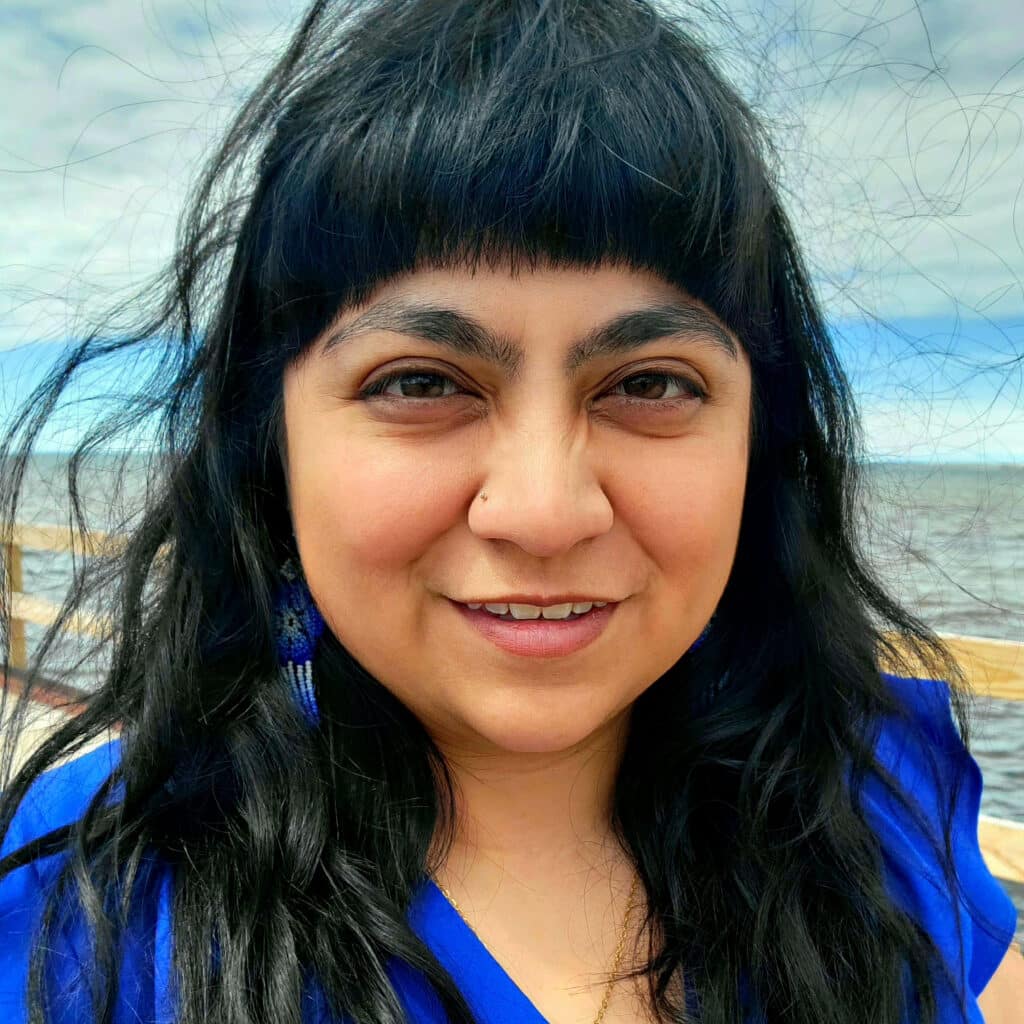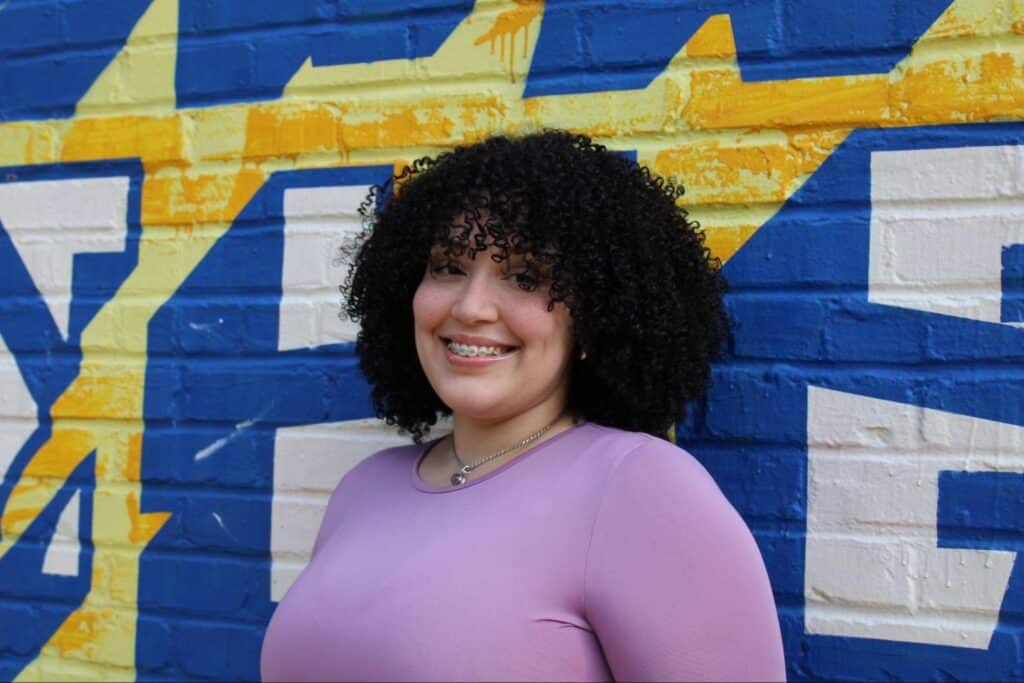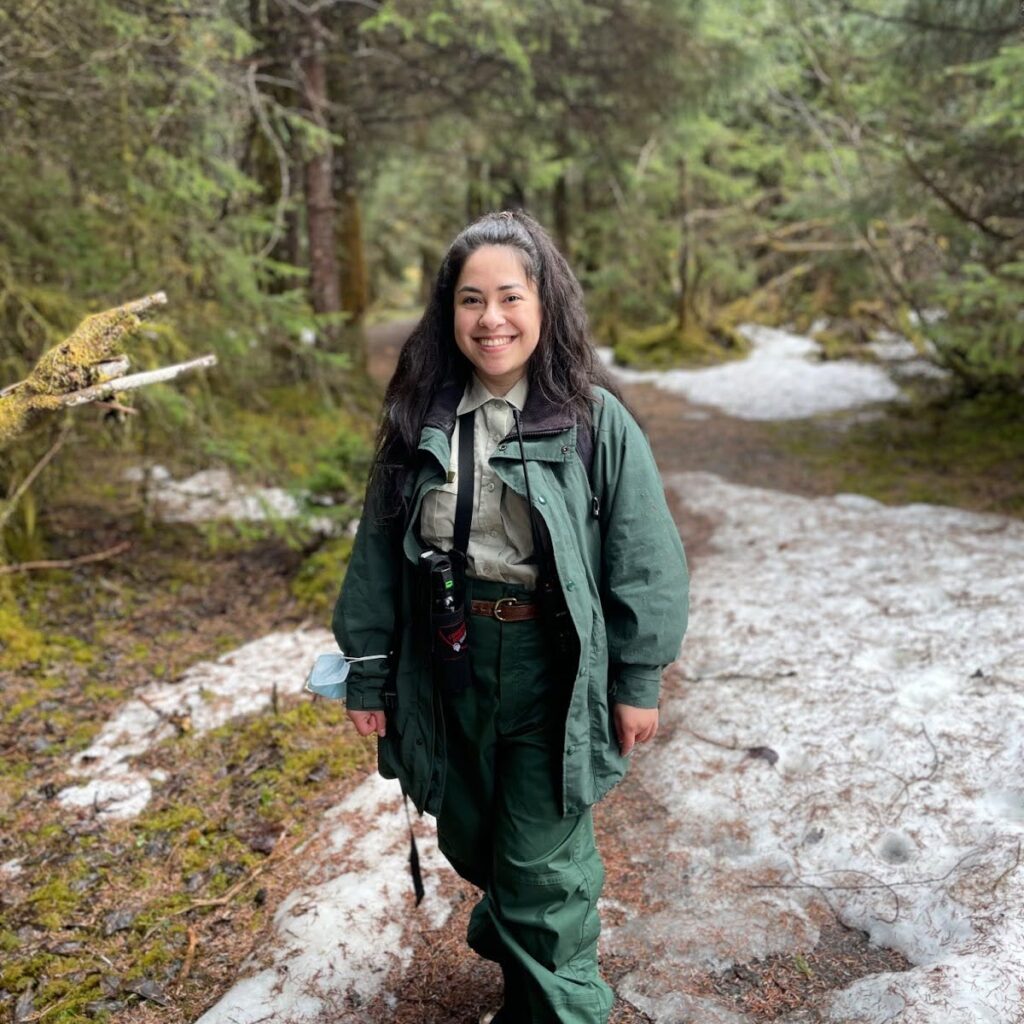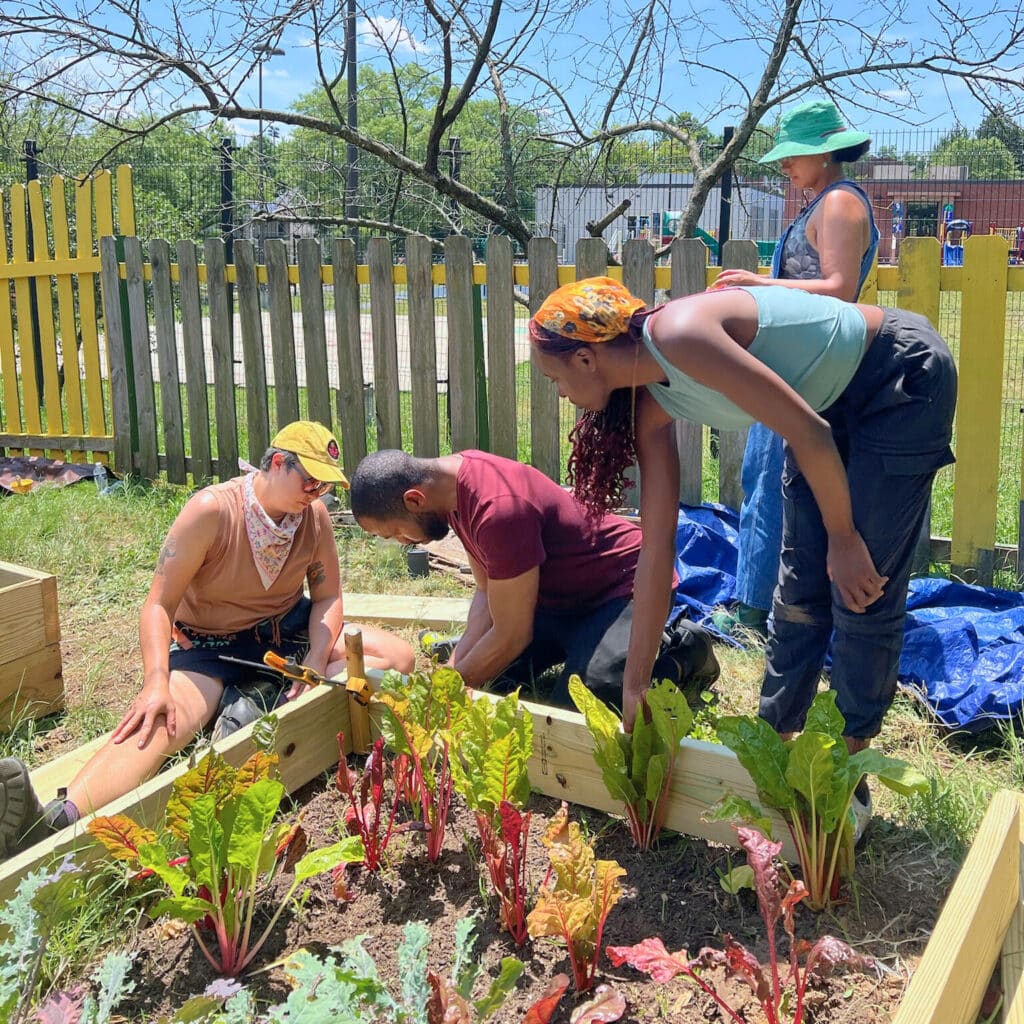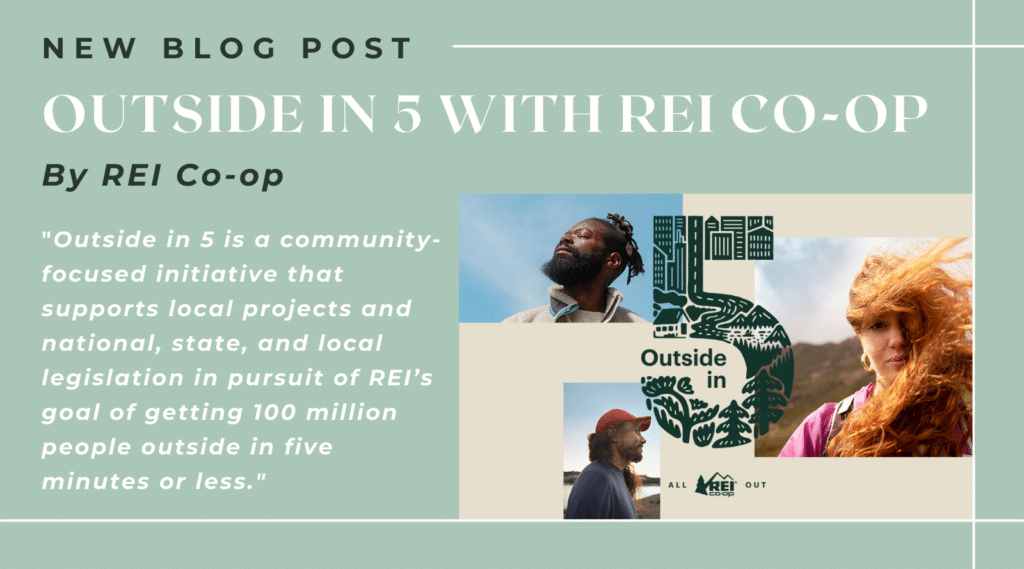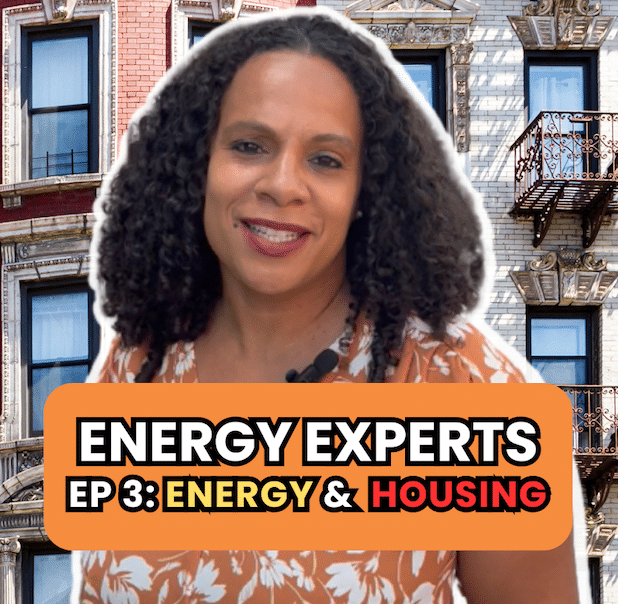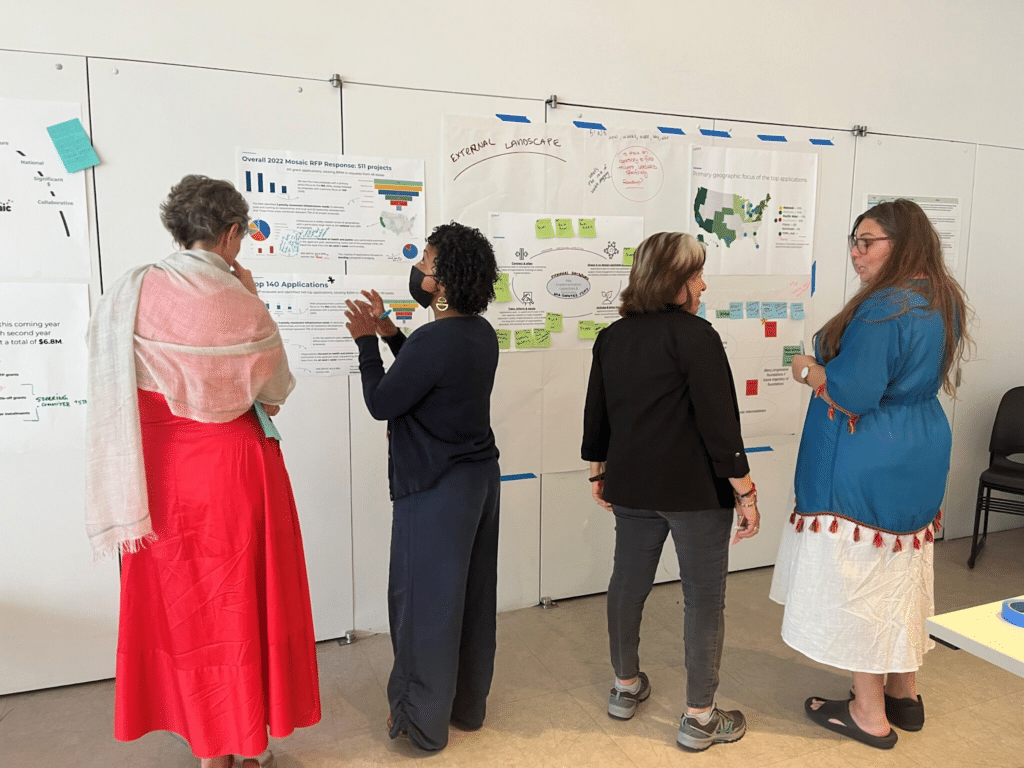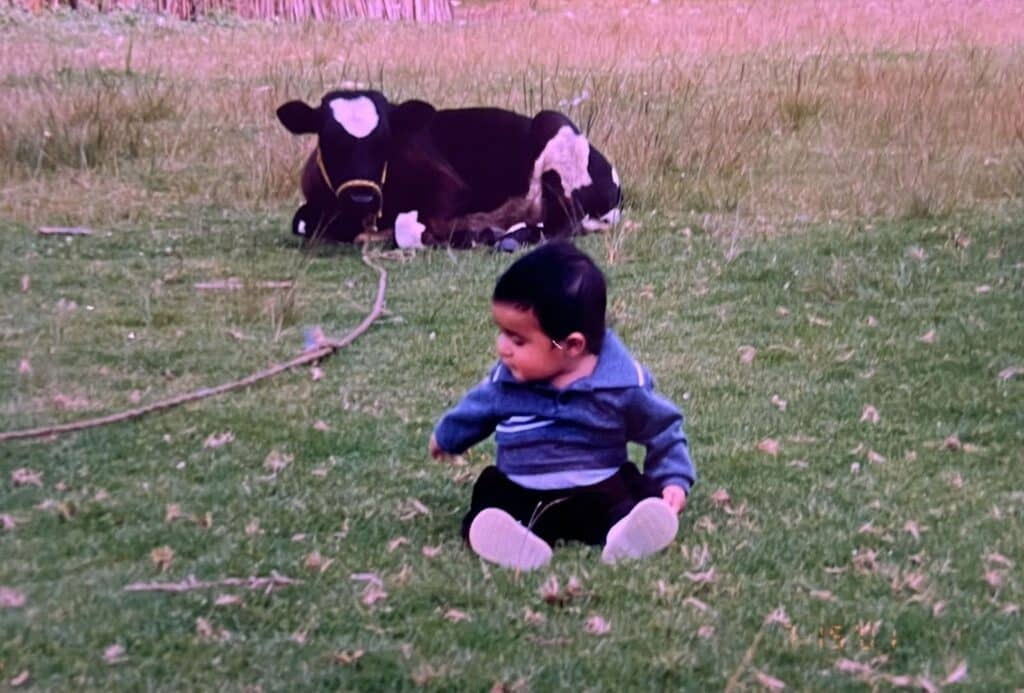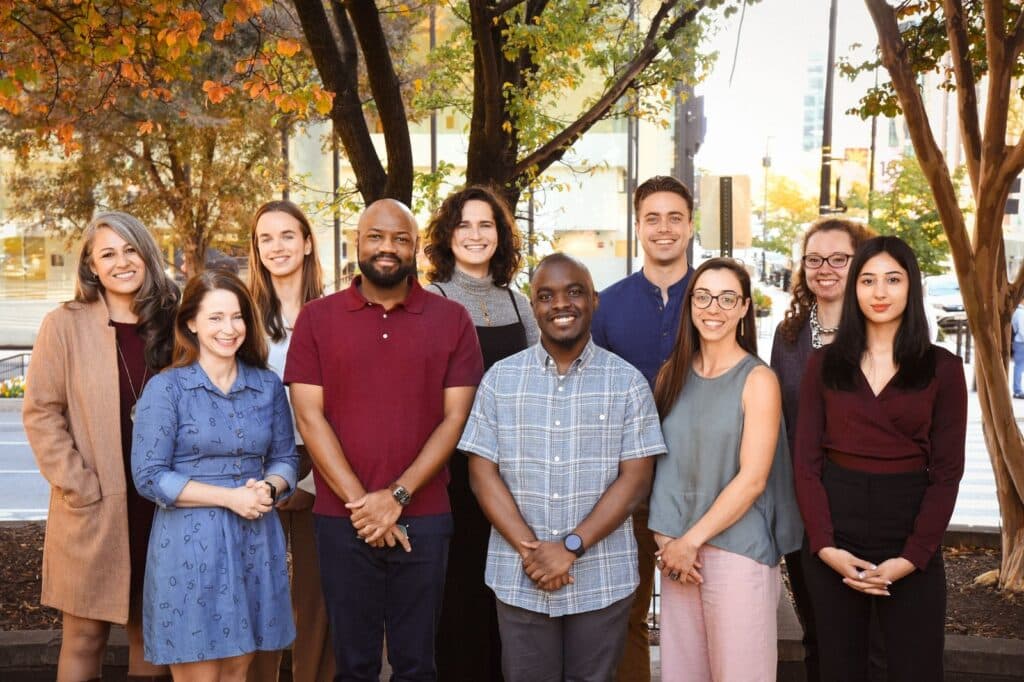Blog Post
The Future Isn’t Plastics, It’s Ending Them
Betsy López-Wagner, principal and founder, López-Wagner Strategies, An Equitable Communications Agency®, shares her insights in this blog about the urgent global crisis of plastic pollution and its devastating impact on communities, ecosystems, and habitats like those in the Gulf of Mexico.
Read MoreAm I the Imposter? Navigating Imposter Syndrome as a Young Woman of Color in the Climate Movement
Maliyah Womack reflects on her journey navigating the environmental sector and the feeling of imposter syndrome that follows many young women of color in the movement. Despite years of experience in community organizing, she often felt out of place in the environmental space. Through self-reflection and shared experiences with other women of color, Maliyah came to realize that their lived experiences are their greatest strengths.
Read MoreFrom concrete jungle to the Tongass National Forest: My nature journey
Lisette Perez discovered her passion for environmental education, storytelling, and advocacy post-graduation. Her career includes roles with the Oregon Department of Fish and Wildlife, the U.S. Forest Service in Juneau, and the Field Museum of Natural History in Chicago.
Read MorePlanting with Pride: Nurturing Community Roots for Food Justice
Steph Niaupari is the Founder of Plantita Power, a DC-based collective led by and for Queer, Trans, Black, Indigenous, People of Color (QTBIPOC). Plantita Power fosters community connections where QTBIPOC can nurture their own personal sustenance, relationship to food, and reclaim food sovereignty.
Read MoreProtected: Title TBD
There is no excerpt because this is a protected post.
Read MoreHOT & COLD NYC: Revealing the Faces and Places of Energy Insecurity
Shane Araujo is a research assistant and the junior editor for the Hot & Cold NYC team at the Energy, Equity, Housing, and Health program (E2H2 at Columbia University Mailman School of Public Health) led by Dr. Diana Hernández.
Read MoreMobilizing for Environmental Change – How Infrastructure Can Accelerate Progress
Jennifer is a Program Officer for Mosaic, a national grantmaking initiative focused on building a bigger, more influential environmental movement.
Read MoreCatch Me Outside with my Dark Skin, Sapphic Gaze, and Feet covered in Soil
In this blog, Green 2.0 Fellow Ki’Ana Speights explores how their identity as a Black, Queer person intersects with the ecological world, and how they work to reclaim their space in nature. They dissect how White-heteronormative binaries were designed to exclude BIPOC people and make them feel othered. Through the lens of queer ecology, they imagine a future where society can accept and reflect the fluidity of nature.
Read MoreEmbracing Your Heritage Doesn’t Mean You Need To Eat Meat
In this blog, Green 2.0 Fellow Kevin Hernandez discusses the colonization of Mexico and how it streamlined Mexican food becoming meat-centric along with his experience as a vegetarian Mexican-American. He proposes that people try to understand their culture and encourages them to try a plant-based diet.
Read MoreThe Ethical Echoes of Oppenheimer and Our Climate Crisis: A Call for Collective Responsibility
Through the lens of the award-winning film Oppenheimer, Good Energy Collective’s Michael Mouton argues for a reevaluation and departure from the ‘great man’ narrative. He calls for a collective approach to far-reaching crises and problems — like the climate crisis.
Read More
